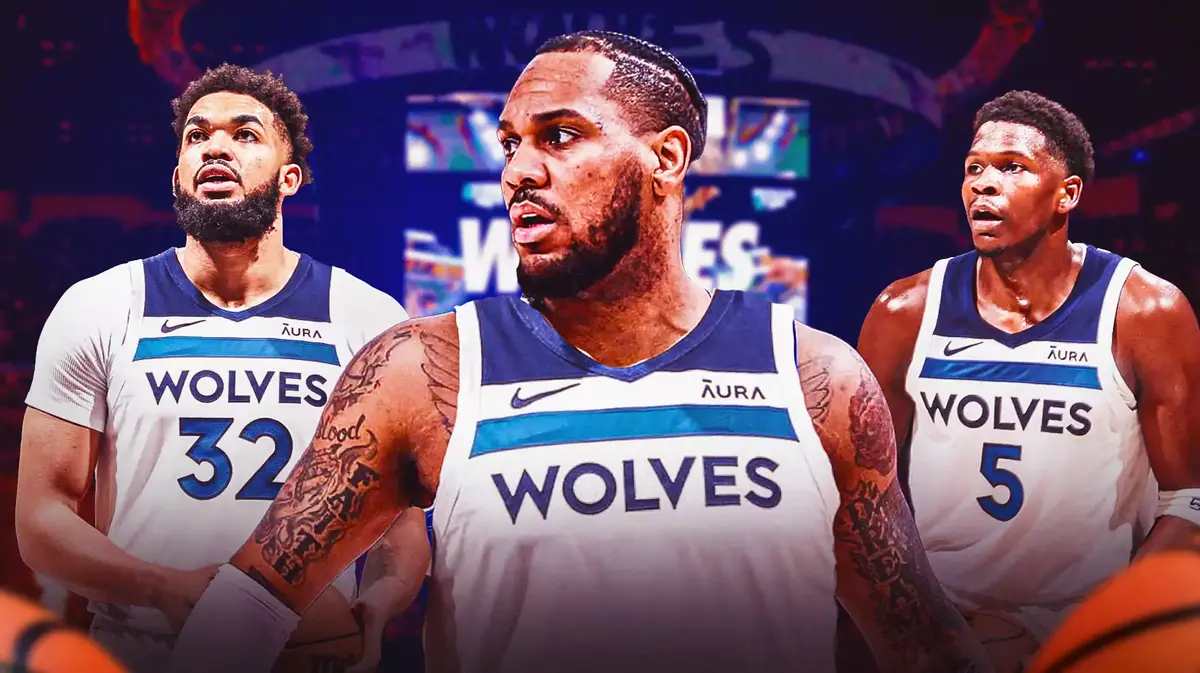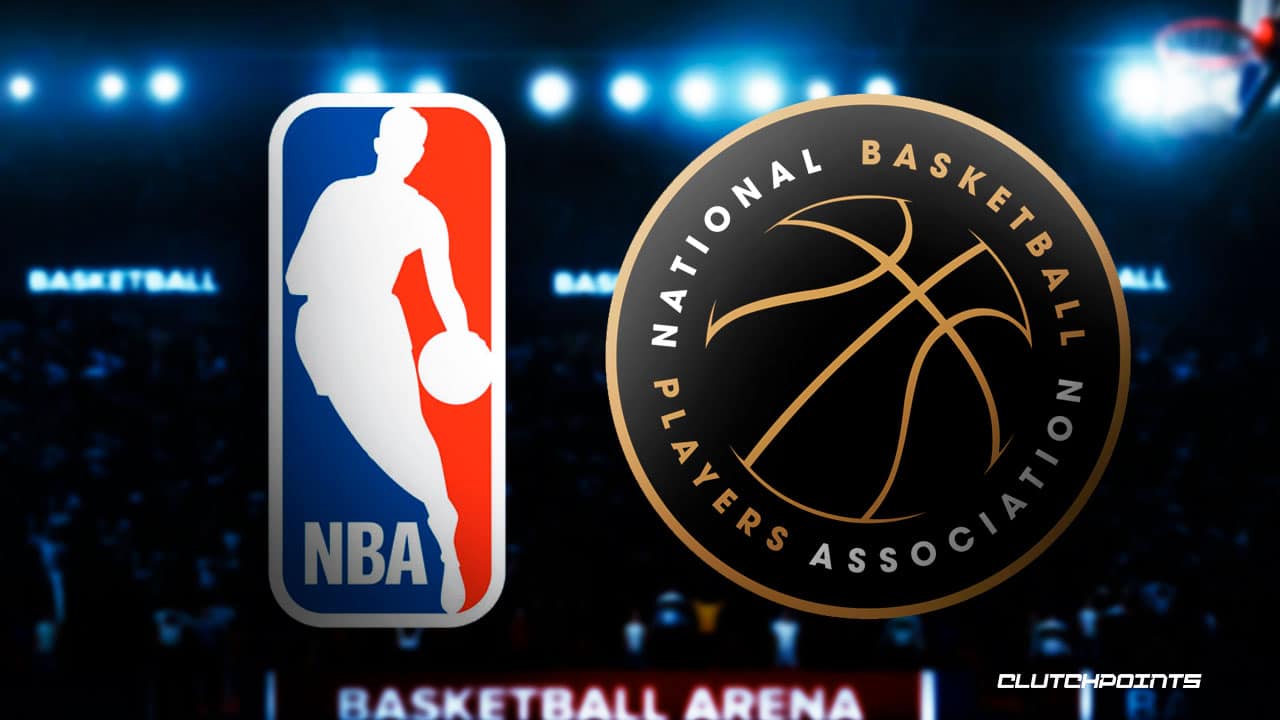The Timberwolves face some tough financial decisions.
The Minnesota Timberwolves have been one of the best stories in the NBA this season. Proving their critics wrong, the Karl-Anthony Towns and Rudy Gobert pairing has been a thing of beauty for the NBA’s top-ranked defense. Betting on skilled size, Minnesota’s hot start has them atop the Western Conference with a a 39-16 record at the All-Star break.
With a real shot at contention, the Wolves were active at the 2024 NBA trade deadline as they addressed the backup point guard spot. While improving their roster, the Timberwolves’ biggest mistake at the trade deadline pertains to the team approaching—and potentially entering—the luxury tax.
Minnesota’s trade for a backup guard
The Timberwolves traded Shake Milton, Troy Brown Jr. and a 2030 second round pick to the Detroit Pistons last Thursday to acquire veteran guard Monte Morris. T-Wolves president of basketball operations Tim Connelly felt comfortable trading for Morris in part due to their history together.
Morris started his career with the Denver Nuggets where Connelly was the GM. A reunion in Minnesota made good basketball sense. The Timberwolves’ biggest needs were ball security and three-point shooting, two areas the veteran guard excels in. For his career, Morris is a 38.9% three-point shooter and boasts a near 5:1 assist to turnover ratio.
While fitting Minnesota’s needs, there are still complications around acquiring Morris.
Long-term financial concerns
From a long-term viewpoint, both Mike Conley and Monte Morris are expiring contracts at season’s end. Minnesota’s cap table going into next season is a tricky problem for the front office. As Karl-Anthony Towns’ supermax contract kicks in, the Wolves also have Rudy Gobert and Anthony Edwards on max contracts. Simultaneously, Jaden McDaniels’ rookie extension kicks in next season as well.
Minnesota’s payroll is projected to be north of $170 million even with just eight players on guaranteed contracts. Finding room for Conley, Morris or both might be tricky.
The price the Wolves paid—one far-out draft asset and two players out of the usual rotation—for Morris is more than justifiable. marHowever, Morris’ $9.8 million salary this season complicates the Wolves’ financial picture this year as well. After the trade deadline, the Timberwolves now sit just $1.56 million below the luxury tax line for this season. With two roster spots open, the Wolves now have a tough choice to make.
Does Minnesota sign a player from the buyout market and blow past the luxury tax line or do they stand pat with their current roster? Amid rumors of potential free agent options including Marcus Morris, Minnesota could find one final contributor to help further their championship odds this season. While fans might not love the idea of financial implications preventing a win-now signing, there’s good reason for the Timberwolves to be hesitant entering the tax this season.
NBA CBA implications
With the new NBA Collective Bargaining Agreement, the Timberwolves are likely to be one of the most affected teams by the new rules. As a likely second-apron team starting next season, the Timberwolves are subject to the following rules:
Stricter trade rules
This includes the inability to aggregate salaries in trades, trades must be within 110% of player salary rather than the typical 125%, and the inability to take in extra salary via trade.
No access to sign-and-trade deals
During the free agency period, teams in the first and second aprons are unable to acquire players via sign-and-trade.
Unable to sign buyout players who make more than the league average salary
Teams above the apron will be unable to acquire players making more than the non-taxpayer mid-level exception.
Loss of access to the taxpayer mid-level exception
During the free agency period, second-apron teams are unable to offer the taxpayer mid-level exception in hopes of acquiring a free agent around the $7.0 million mark.
Potential draft pick freezing
Teams in the second apron for three out of five seasons will have their first-round draft pick automatically moved to the back of the round regardless of their positioning in the standings. Teams will also lose access to trading their first-round pick seven years out once a team is in the second apron.
With the Timberwolves destined to have a high payroll for the foreseeable future, entering the standard luxury tax has its downsides as well. Not only would ownership lose a large lump sum of money at year’s end, they would have to payout money to the league if they do pass the tax threshold. Ownership would also receive steeper tax bills the more often Minnesota is in the tax as years go by.
While fans might not care about the owner’s pockets, the reality is that the new CBA implications might make team building extremely challenging. As Anthony Edwards ascends to his prime, Tim Connelly and the Timberwolves will have to jump through hula hoops to keep a talented core around him.
Source link


